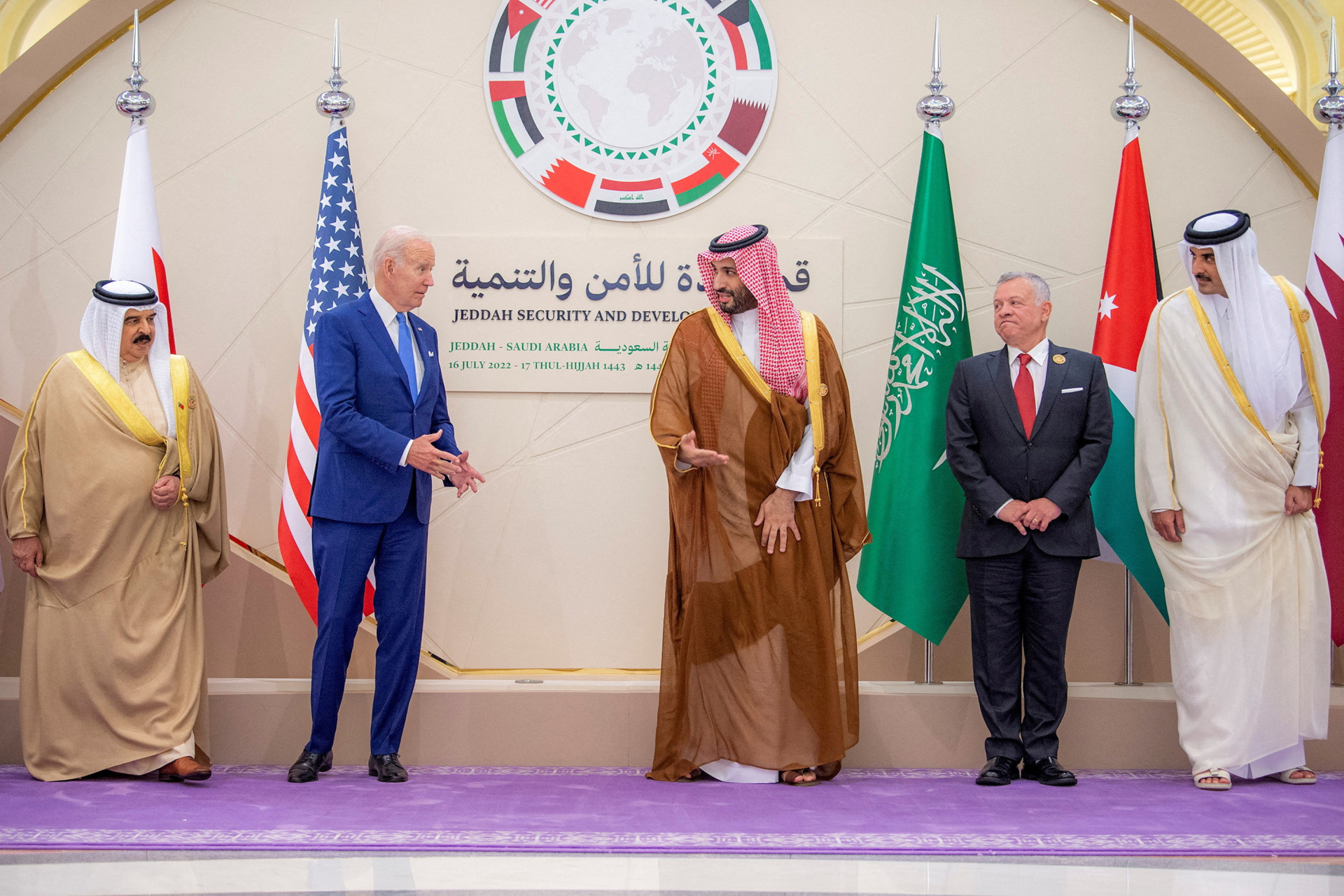The President’s Inbox Recap: Israeli-Saudi Peace Deal
A peace agreement between Israel and Saudi Arabia could help stabilize the region.

On Wednesday, I recapped Jim’s discussion on The President’s Inbox with Zoe Liu about China’s faltering economy. Today, I’m recapping his discussion with Steven Cook, Eni Enrico Mattei Senior Fellow for Middle East and Africa Studies. They discussed the possibility of an Israeli-Saudi peace deal and its consequences for the United States and the Middle East.
Here are three highlights from the conversation:
1.) An Israeli-Saudi peace agreement would be significant. While Steven didn’t think such a deal would rival the 1979 Egyptian-Israeli peace deal in importance—that agreement ended the most important military threat to Israel’s security—he argued that an Israeli-Saudi deal “would change the geopolitics of the Middle East and the broader relationship between Israel and the Muslim world for the better.” He noted that while a peace deal wouldn’t “fundamentally change” the American-led order in the region, it “would allow the Israelis, and the Saudis, the Emiratis, and others who want to join to build a kind of integrated region.” That could mean a more peaceful and prosperous Middle East.
2.) The United States is the “middleman” in negotiations between the Saudis and Israelis. Saudi Arabia wants something from the United States in return for formally recognizing Israel: a binding American pledge to defend the kingdom if it is attacked along with robust arms sales to enable Riyadh to deter attackers. The Saudis have in mind the 1979 Egyptian-Israeli peace deal, which gave Cairo long-term access to Washington’s support. The open question is whether the Biden administration can deliver enough of what Riyadh wants.
3.) A formal Israeli-Saudi peace deal faces inevitable challenges. Saudi King Salman bin Abdulaziz Al Saud may balk at any deal that does not deliver significant benefits to Palestinians. In contrast, Israeli Prime Minister Benjamin Netanyahu faces pressure at home from far-right members of his governing coalition to annex at least parts of the West Bank. Even if these challenges can be surmounted, a deal could stumble on Capitol Hill. As Steven noted, “there are going to be a lot of questions within Congress about how the United States is committed to defending Saudi Arabia, and there’ll be a debate about the United States defending a country whose values aren’t consistent with America’s values.”
Steven has written a Council Special Report with Martin Indyk titled “The Case for a New U.S.-Saudi Strategic Compact.” They argued in favor of the United States and Saudi Arabia renewing their partnership.